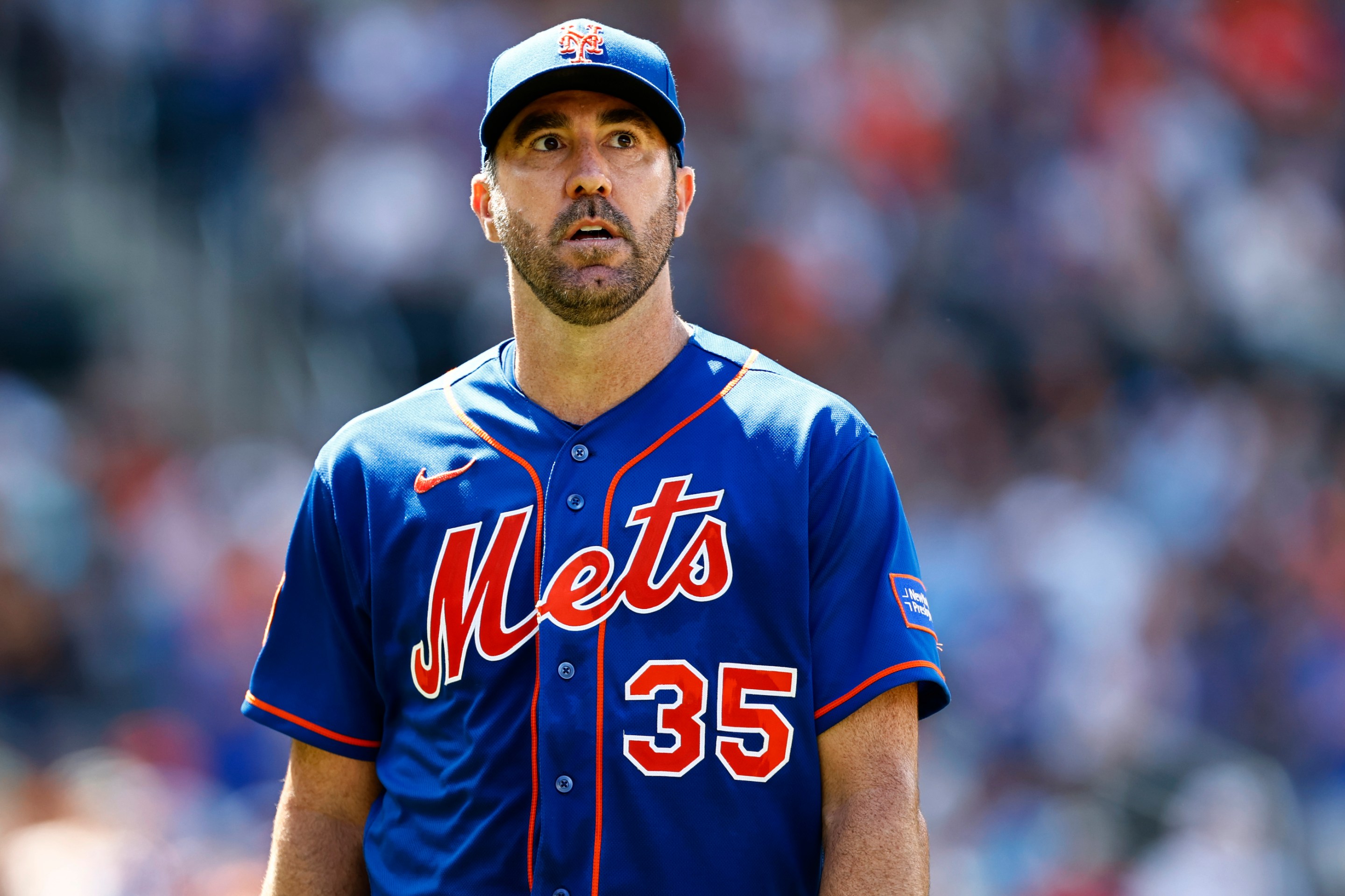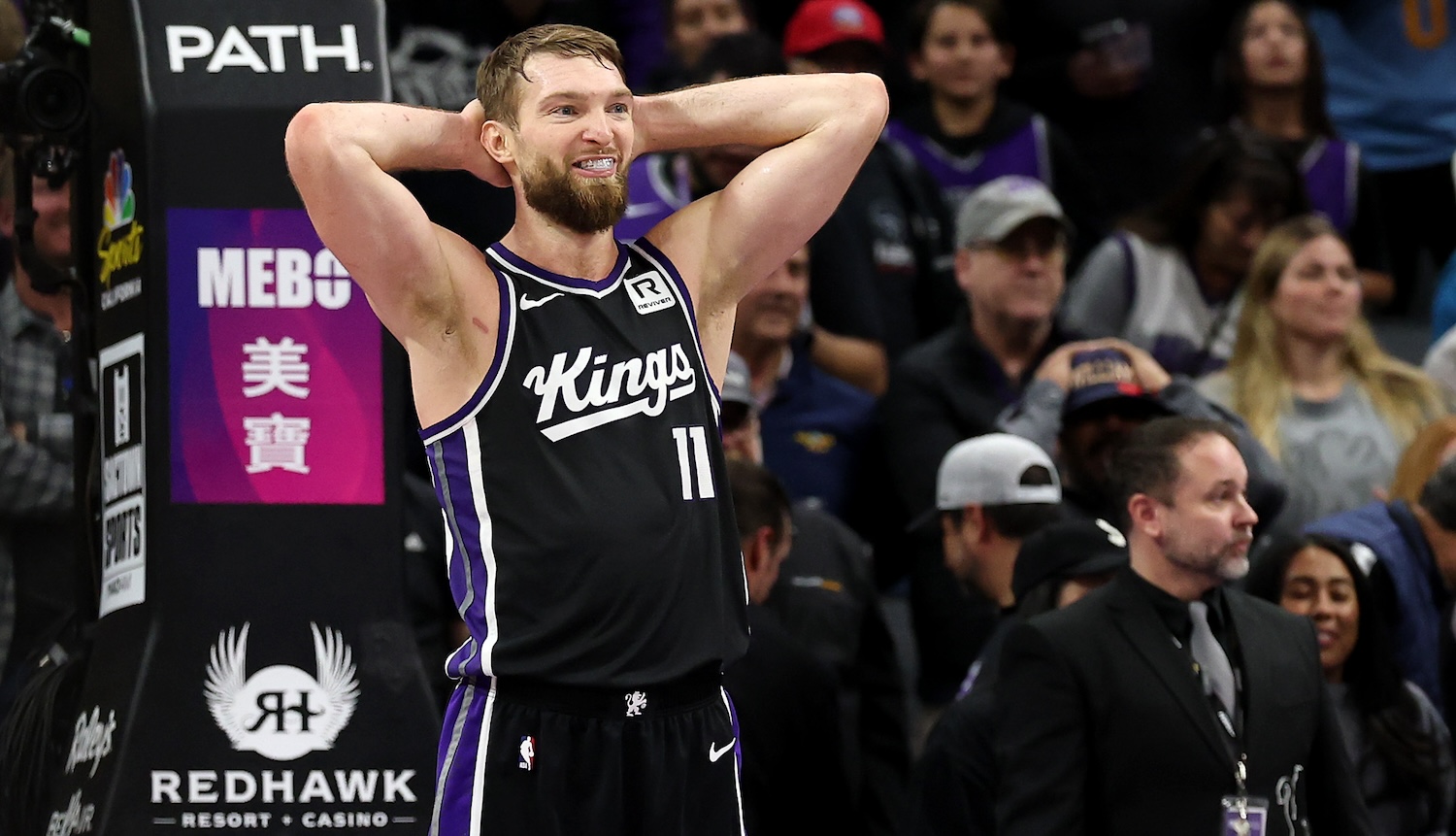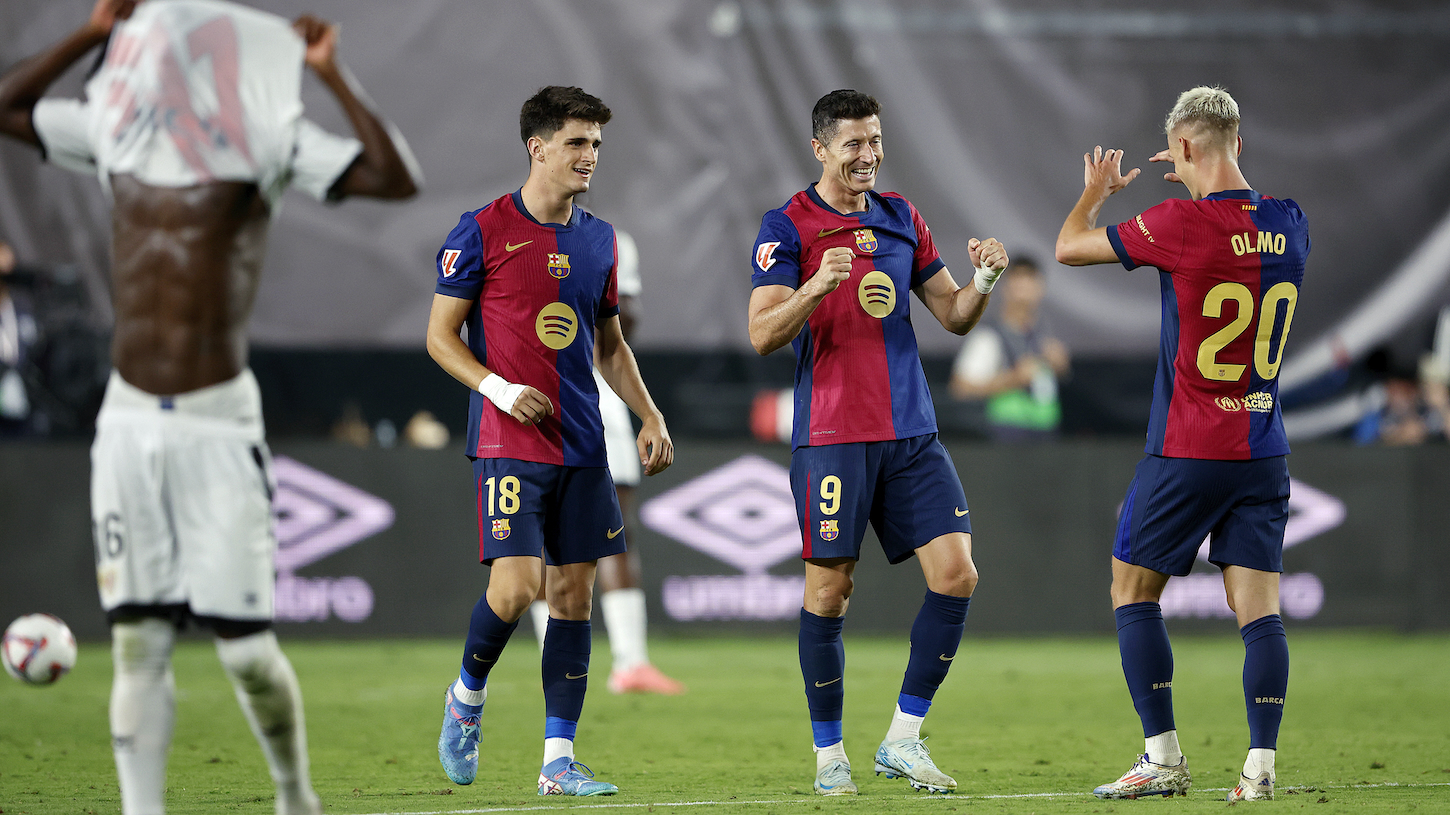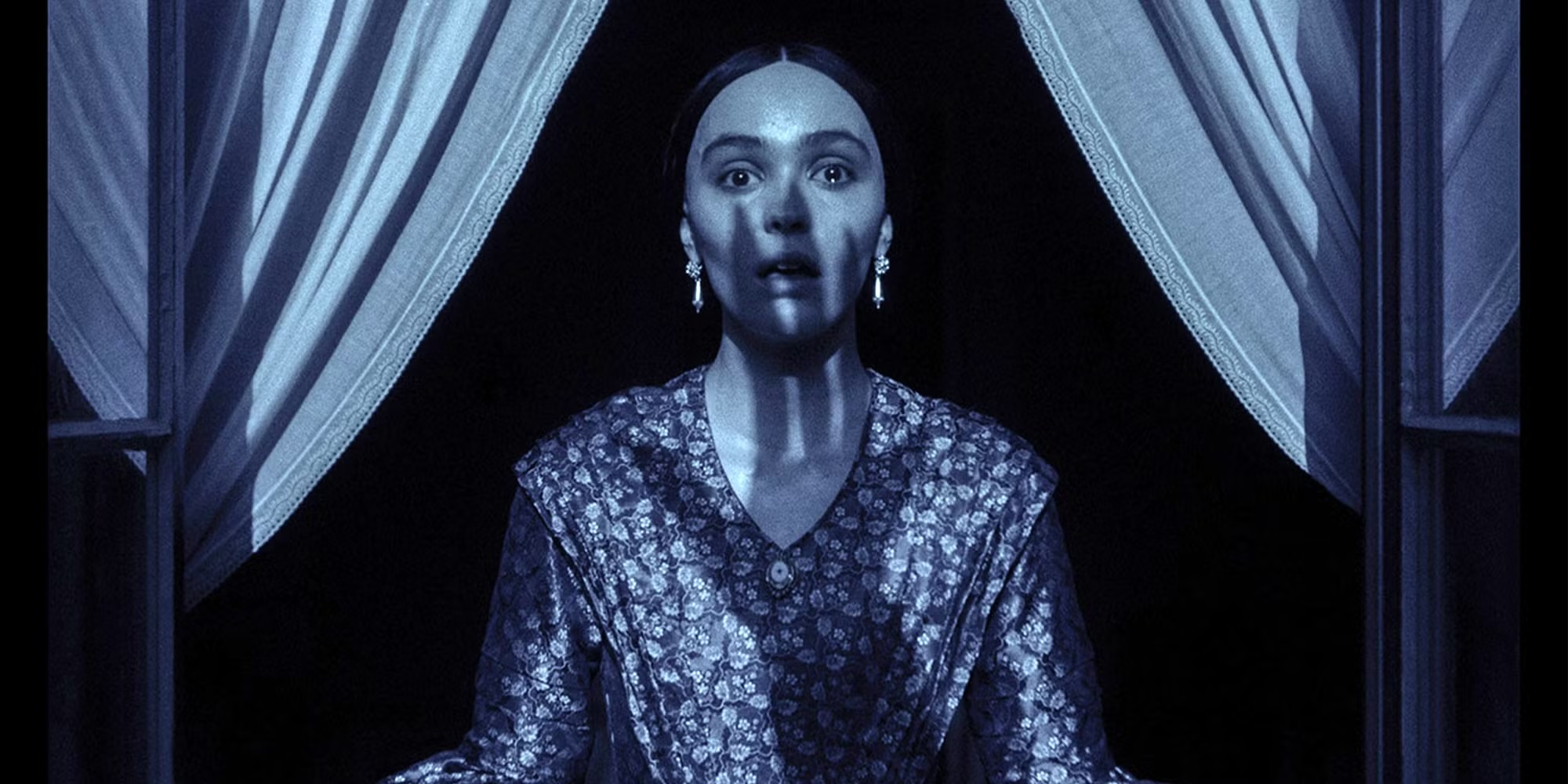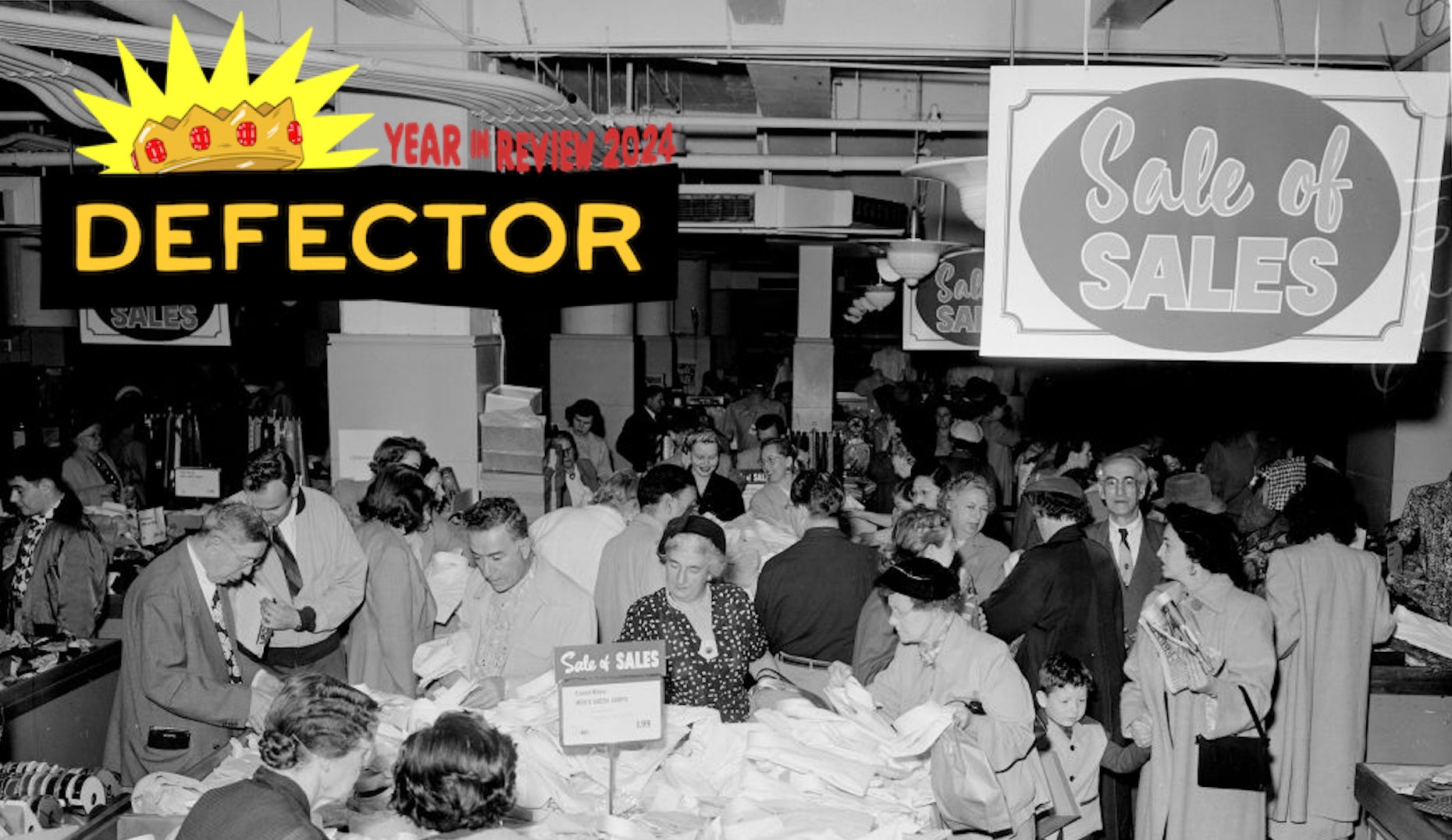Getting to know a baseball team is like getting to know a person, but much worse because every baseball team is worse than most people. People, for the most part, are people, and as such they have the tendencies that people do. They feel emotions and acknowledge obligations, which baseball teams, which are businesses owned by some of our culture's least people-esque people, do not. Still, there are some crucial tendencies that people and the baseball teams they care about have in common. One of those is to lie to themselves and those they want to impress, both because it is sometimes kind of fun and because it is at least in the moment much easier than not doing it. Another such tendency is giving those lies away through subsequent actions.
If caring about a baseball team mostly amounts to doing a bunch of off-the-clock emotional work about that team's employees that the team itself might not even be doing and then getting upset about the result with other like-minded people, it also broadens over time. The Chicago White Sox and New York Mets and San Diego Padres cannot ever really be your friend—if they were people, which again they are not, those organizations' histories suggest that they would be much more likely to steal your identity and lease a Jet-Ski than they would be to text you on your birthday. But they do wind up with personalities despite themselves, which is the nice way of saying that dysfunctional baseball teams can wind up as warped and self-thwarting as any dysfunctional person.
We are now in the part of the MLB season in which those dysfunctional teams are briefly and uneasily the most significant ones in the sport. There is a lot of baseball left to play, and enough evidence that all kinds of things can happen over that stretch, but also enough baseball has been played that it's easy for a fan, or even a very young child who knows how basic arithmetic works, to see which teams might want to make some last acquisitions with an eye on a postseason run and which might reasonably start looking towards next year. If baseball's not-quite-free market worked as it was supposed to work, the latter would be at work dealing with the former.
But because it does not, some of the best teams—they tend to be the most refined and the most patient, if not necessarily in the most easily appreciated ways—seem disinclined to go for it if doing so would disrupt their budget in the slightest. With Tuesday's trade deadline close enough to feel but not yet imminent enough to incentivize flagrant acting out, and because baseball teams can be at least a little bit like people, this is still very much a seller's market. Not necessarily in the sense that those teams are unusually likely to win whatever deals may come, although those otherwise hapless organizations seem to have done decently well so far in that regard. It's a more elemental one—nothing meaningful can really change until these teams figure out just how bad their respective situations actually are. Because desperate and delusional teams and desperate and delusional people come to look or behave alike in time, this can feel familiar. It happens in the same assertive, unreasoning part of the brain that tells you whether or not you should eat something you just dropped on the floor.
"I do want to be clear that it’s not a rebuild," Mets GM Billy Eppler said after the deal that sent Max Scherzer to the Texas Rangers became official. "It’s not a fire sale. It’s not a liquidation. This is just a repurposing of [owner] Steve [Cohen's] investment in the club, and kind of shifting that investment from the team into the organization." If this sounds like a rationalization, it is because it is most definitely a rationalization. Eppler has a uniquely fraught job situation, but the gig itself is just what it looks like: He is in charge of something that isn't working, and has to either make it work, or make the strategic decision to make it worse in a concrete way ("from the team") in a way that might someday make it better ("into the organization").
The investment that "Steve" made in the team, before the season, resulted in a record payroll; as of the team's win on Sunday, it also left the team five games under .500 and at the hazy margin of the Others Receiving Votes tier of the wild card race. There are reasons for this that would necessarily be more interesting to someone who cares about this team than any other more normal person, but where the league is concerned the salient questions are 1) just how bad the Mets think they are and 2) what they're prepared to do about it.
That decision would be easier, for the Mets and the rest of their bleary cohort, if the cause was more obviously lost. It's not quite that clear yet, though. The Mets have recently spent a bunch of money on primo free-agent talent without really committing to much beyond a plausible year-to-year push; they have been both unlucky and plain bad this year in about equal measure, and their youngish core was convincing as a contender last season and has been equally believable this year as an also-ran. The Padres, who have much of their core locked up for the rest of this decade, have leveraged their immediate future on stars with shorter-term commitments, and so are in a similar situation; like the Mets, they have some really good players under contract, and also like the Mets they've somehow managed to be infuriatingly, implausibly wack in all the most frustrating ways that a baseball team can be. (The same could more or less be said about the Cardinals, who have also started dealing away some soon-to-be free agents, although it's somehow more irritating when they do it.)
The trades that sent Scherzer and former closer David Robertson out of town suggest that the Mets were willing to look to look past this season if it meant adding more talent to a farm system that was backward and bereft in ways that reflected the values and ineptitude of previous ownership and the blasé lassitude of the current one. The Padres, who were in some ways even more ambitious than the Mets in how they spent their money, are only a handful of games ahead of them in the wild card standings; they, like the Mets, have a core they have to believe in, some brand-name players who will soon be free agents, and the sort of parched and patchy farm system that tend to go along with high payrolls and make it hard to build a sustainable winner.
Sometimes that last bit is a reflection of the developmental deficits that lead teams to spend on big-league talent, and sometimes it reflects the cost of the type of deals that bring back high-priced, high-end big-league talent. Under no circumstances does any of that qualify as "what you want," but a team that had recently decided to act and spend as if it intends to win a World Series would necessarily have a harder time acknowledging the extent to which they have instead constructed a team that is "demonstrably worse than the Marlins." The challenge for these teams, both during the hours before Tuesday's trade deadline and more broadly, amounts to making an honest and accurate assessment of where they really stand and then getting to work on digging themselves out.
Depending upon where they land, the Mets could trade away players like Justin Verlander or Pete Alonso, who are not owed money in the long term and could plausibly help any contending team win the World Series, for some package of scratch-and-win prospects; if the Mets believe that Verlander and Alonso could help them do that next year, they won't. If the Padres believe they can claw their way back into the wild card race and do something like what they did last October, they might not want to trade away Josh Hader or Blake Snell at all.
In the case of the White Sox and Cubs, both of which spent some money on free agents in ways that were in-character and grudgeful in their respective ways, their shared in-betweenness has led to different results—the White Sox have traded away five pitchers in the last week, and the Cubs currently appear disinclined to sell at all. The Angels, who don't really seem very good at all outside of the Benevolent Himbo Godhead at the center of it all, are straight-up buying, if admittedly in some luridly Angels-y ways. The White Sox, like a number of teams ahead of them in the wild card race, had some qualified successes with a rebuild but never quite committed to seeing it through; the Cubs have been cagey about how much they're actually trying just yet, but appear to have joined the Angels in thinking that they're at least close enough that they have to give it a shot.
It is decently easy to identify the teams that should or could make a run at a World Series this year, although only some really seem to be doing so: the Rangers are definitely in; the Dodgers are maybe sort of in if the price is right; the Orioles are currently hugging their prospects with an ardor that would give Lennie from Of Mice And Men pause; the Rays are the Rays and the Braves are the Braves. But the queasy fun of this part of the calendar, which is generally more queasy than it is fun, lies in the fact that baseball's most deluded, overextended, multiply in-between, and most deliriously janky teams will decide how and where things go.
